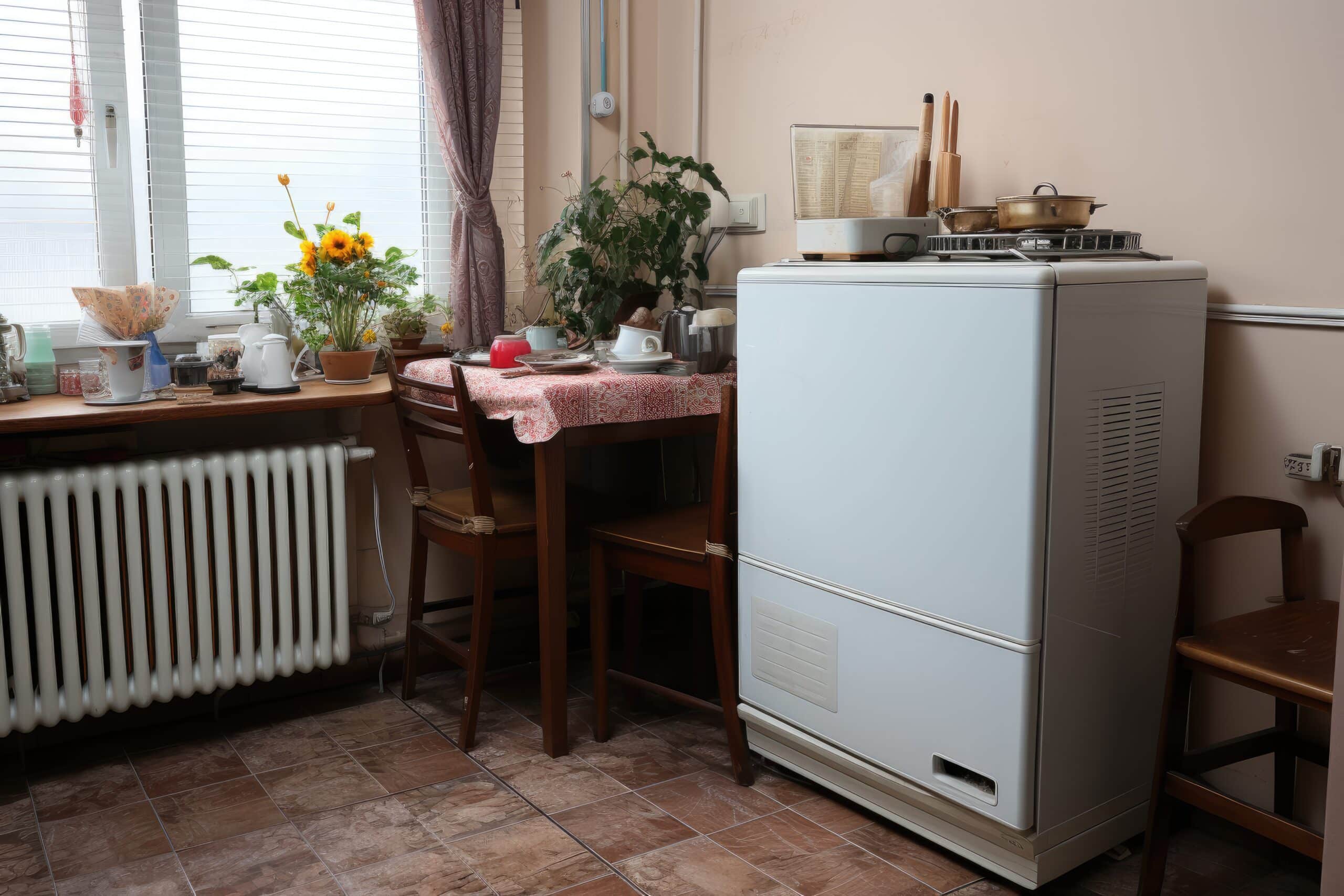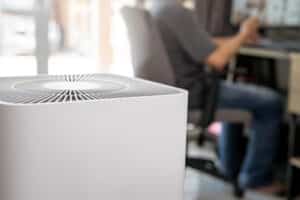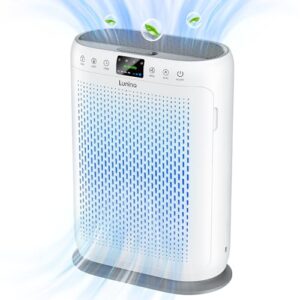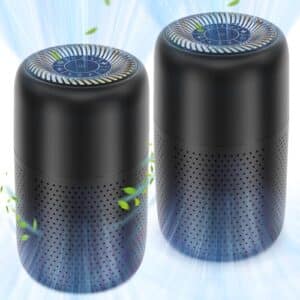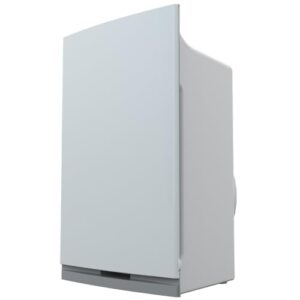Do air purifiers generate ozone, and is it safe to use ozone-generating purifiers?
Key Takeaways
- Some air purifiers, particularly ionic air purifiers and ozone generators, generate ozone as a byproduct.
- Inhaling high levels of ozone can cause lung damage and lead to various health issues, including respiratory irritation, worsened asthma symptoms, and potential permanent lung damage.
- Regulatory bodies like the EPA and FDA do not endorse or recommend air purifiers that generate ozone.
Air purifiers have gained popularity in recent years as people become more conscious of the air quality in their homes. These devices are designed to remove pollutants and allergens from indoor air, providing a cleaner and healthier living environment. However, there is a concern regarding certain types of air purifiers that generate ozone as a byproduct. This article aims to explore whether air purifiers generate ozone and whether it is safe to use ozone-generating purifiers.
What is ozone?
Ozone is a colorless gas composed of three oxygen atoms (O3). It occurs naturally in the Earth’s upper atmosphere, where it plays a crucial role in protecting us from the sun’s harmful ultraviolet (UV) rays. However, at ground level, ozone is considered a pollutant and can have adverse effects on human health.
Do air purifiers generate ozone?
According to multiple sources, including Breathe Better Air and Healthline, some air purifiers, particularly ionic air purifiers and ozone generators, do generate ozone as a byproduct. These devices use ionization technology to charge particles in the air, which can create ozone as a result.
Is it safe to use ozone-generating purifiers?
The safety of ozone-generating purifiers is a subject of concern and debate. While ozone can be effective in neutralizing certain odors and pollutants, it can also have detrimental effects on human health when present in high concentrations.
According to the U.S. Environmental Protection Agency (EPA), inhaling ozone can cause lung damage and lead to symptoms such as chest pain, coughing, shortness of breath, and throat irritation. It can also worsen respiratory diseases, including asthma, and increase the risk of respiratory infections. The EPA does not endorse or recommend air cleaning devices that generate ozone.
The Cleanup Expert website highlights that inhaling high levels of ozone can cause lung damage and advises that ozone levels should not exceed 0.05 parts per million. The Food and Drug Administration (FDA) mandates this limit to protect public health.
Furthermore, the California Air Resources Board strongly advises against the use of ozone generators in spaces occupied by people or animals. They state that inhaling ozone poses serious health risks, including respiratory irritation, worsened asthma symptoms, and potential permanent lung damage. Ozone generators can produce indoor ozone levels that exceed health standards.
Conclusion
Based on the information provided, it can be concluded that some air purifiers do generate ozone as a byproduct. However, the use of ozone-generating purifiers is not considered safe. Inhaling high levels of ozone can cause lung damage and lead to various health issues, including respiratory irritation, worsened asthma symptoms, and potential permanent lung damage. Regulatory bodies like the EPA and FDA have set limits on ozone exposure, and they do not endorse or recommend air purifiers that generate ozone.
Related Websites:
- Breathe Better Air – Purifier Emits Ozone
- Healthline – Best Personal Air Purifier
- U.S. Environmental Protection Agency (EPA) – Ozone Generators Are Sold as Air Cleaners
- Cleanup Expert – Ozone Air Purifiers: Are They Dangerous?
- California Air Resources Board – Hazardous Ozone-Generating Air Purifiers
FAQs:
Q: Do air purifiers generate ozone?
Some air purifiers do generate ozone. These ozone-generating purifiers use a process called ozone generation to remove pollutants from the air. However, it is important to note that not all air purifiers generate ozone.
Q: Is ozone safe to use?
While ozone can be effective in air purification, it is important to understand the potential health risks associated with it. Ozone, when present in high concentrations, can irritate the respiratory system and worsen existing respiratory conditions. There are safety guidelines and regulations in place to ensure acceptable ozone levels and exposure limits.
Q: What are the potential benefits of using ozone-generating purifiers?
Ozone-generating purifiers can be effective in removing odors, killing bacteria, and eliminating certain pollutants from the air. They are particularly beneficial in spaces with strong odors or mold issues. However, it is important to consider the potential drawbacks and concerns associated with ozone-generating purifiers.
Q: What are the alternatives to ozone-generating purifiers?
There are alternative types of air purifiers available that do not generate ozone. HEPA filters, activated carbon filters, and electrostatic precipitators are some examples of non-ozone generating air purifiers. These alternatives are effective in improving indoor air quality and may be recommended for those who prefer to avoid ozone.

